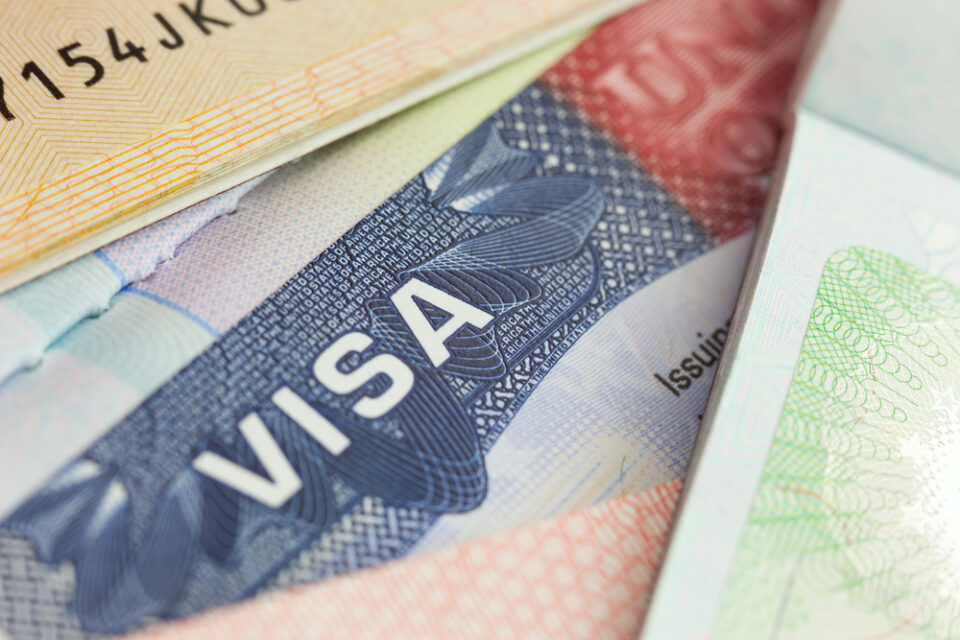The Trump administration is tightening oversight of post-graduation employment for foreign students and advancing H-1B visa reform. On September 19, 2025, President Donald Trump signed an executive order raising the H-1B visa fee from $1,000 to $100,000.
Unannounced inspections under the Optional Practical Training (OPT) program have become more frequent. U.S. Citizenship and Immigration Services (USCIS) Fraud Detection and National Security (FDNS) officers are visiting students’ homes and workplaces without notice to confirm documents and status. According to Business Today, inspectors are demanding transcripts, pay stubs, bank statements, employment contracts, and training plans (Form I-983). OPT allows graduates to work for one year in their field, with those in STEM (science, technology, engineering, and math) fields eligible for an additional 24 months. Students and employers must submit Form I-983 to schools to document the training plan.
The Department of Homeland Security (DHS) monitors compliance under immigration law. Discrepancies between reported and actual workplaces, or delays in address reporting, can trigger checks. Immigration attorney Jung-Hoon Song said, “Site visits are a procedure to confirm lawful employment, so it’s best to carry your I-20 and EAD card (work permit). If your workplace or address changes, you must report it through your school to SEVIS (Student and Exchange Visitor Information System).”
At the same time, DHS has proposed replacing the random H-1B visa lottery with a wage-based system. Applicants would be divided into four wage levels, with top earners receiving four chances and the lowest tier only one. The proposal is open for a 30-day comment period and could take effect as early as the 2026 fiscal year lottery. Experts said the proposal is likely to be implemented and usually takes effect the next fiscal year. The H-1B visa is capped at 85,000 per year, and in March 2025, more than 339,000 people registered. Analysts said the new system could disadvantage entry-level professionals and small firms, while larger companies offering higher salaries would benefit.
The executive order raising the visa fee to $100,000 is expected to make it harder for startups and small businesses to hire international talent, raising concerns about a weakened innovation ecosystem. Experts concluded that the combined effect of tougher OPT inspections, wage-based H-1B reform, and the higher visa fee puts foreign students under mounting pressure, from graduation through securing long-term employment in the United States.
BY HANKIL KANG [kang.hankil@koreadaily.com]




